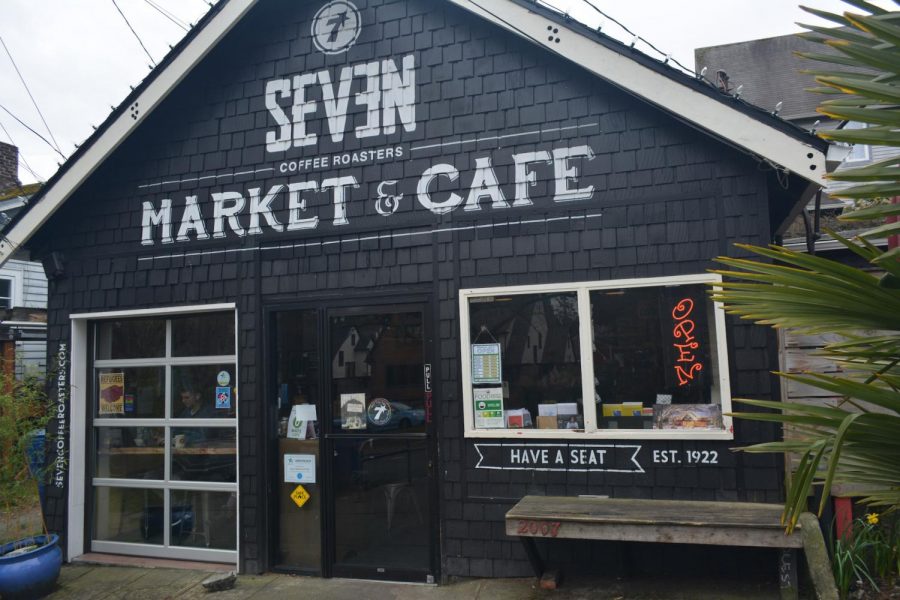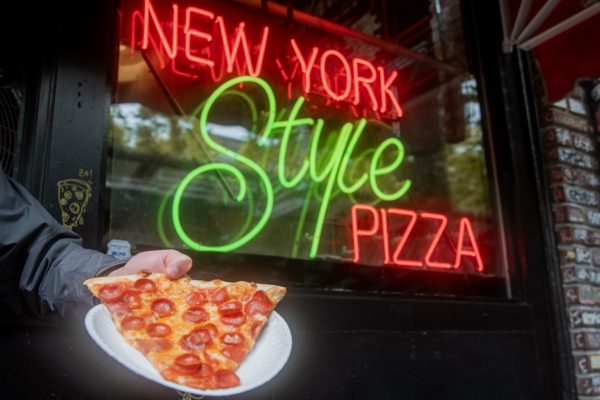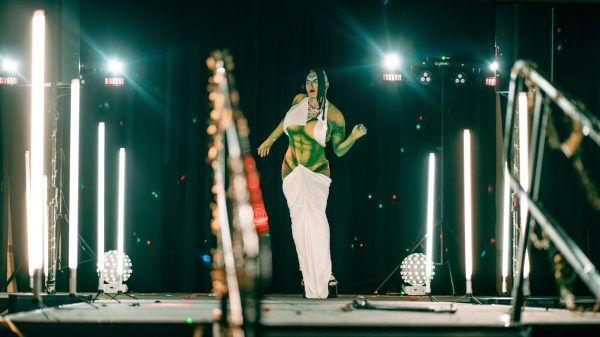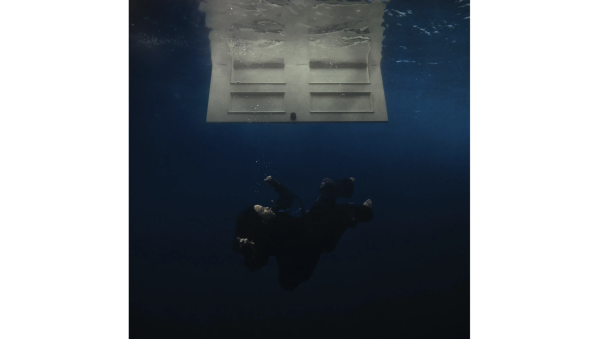Zero Waste, All the Fun with Seven Market Cafe
At a time when consumers and businesses are aware of their environmental impact, it becomes significantly important to take into account the ways business and consumer habits can be adjusted to become more sustainable and the Seven Coffee Roasters Market and Cafe in the Ravenna neighborhood, near the University District, has been able to do just that.
Seven provides a market with locally-sourced produce and a cafe for a sit-down dining experience. Since the start of 2020, the cafe has been zero waste. The current criteria for a business or community to be zero waste requires at least 90% of waste to be diverted from the landfill—this means no more than 10% of the total waste produced ends up in the landfill, with the rest being recycled or composted.
Jacob Huskey joined the Seven Market and Cafe team in 2017 with the goal of implementing the necessary changes to the cafe for it to become zero waste. At first to fulfill his Capstone project for the University of Washington, the cafe has continued its commitment to sustainability.
Huskey’s plan began by implementing small changes to the cafe. The workers were retrained to be more conscious on how to discard different kinds of waste. The cafe’s first major change was to switch to all-compostable packaging.
Seri Thompson, the retail manager at Seven Market and Cafe, has been in the coffee industry for 22 years. Thompson wasn’t originally optimistic about the cafe’s ability to transition to zero waste when she hired Huskey in 2017. During the three-month transition process, Seven’s coffee team was able to make the shift to zero waste, and Thomspon saw the potential for Seven to function as a zero-waste cafe consistently.
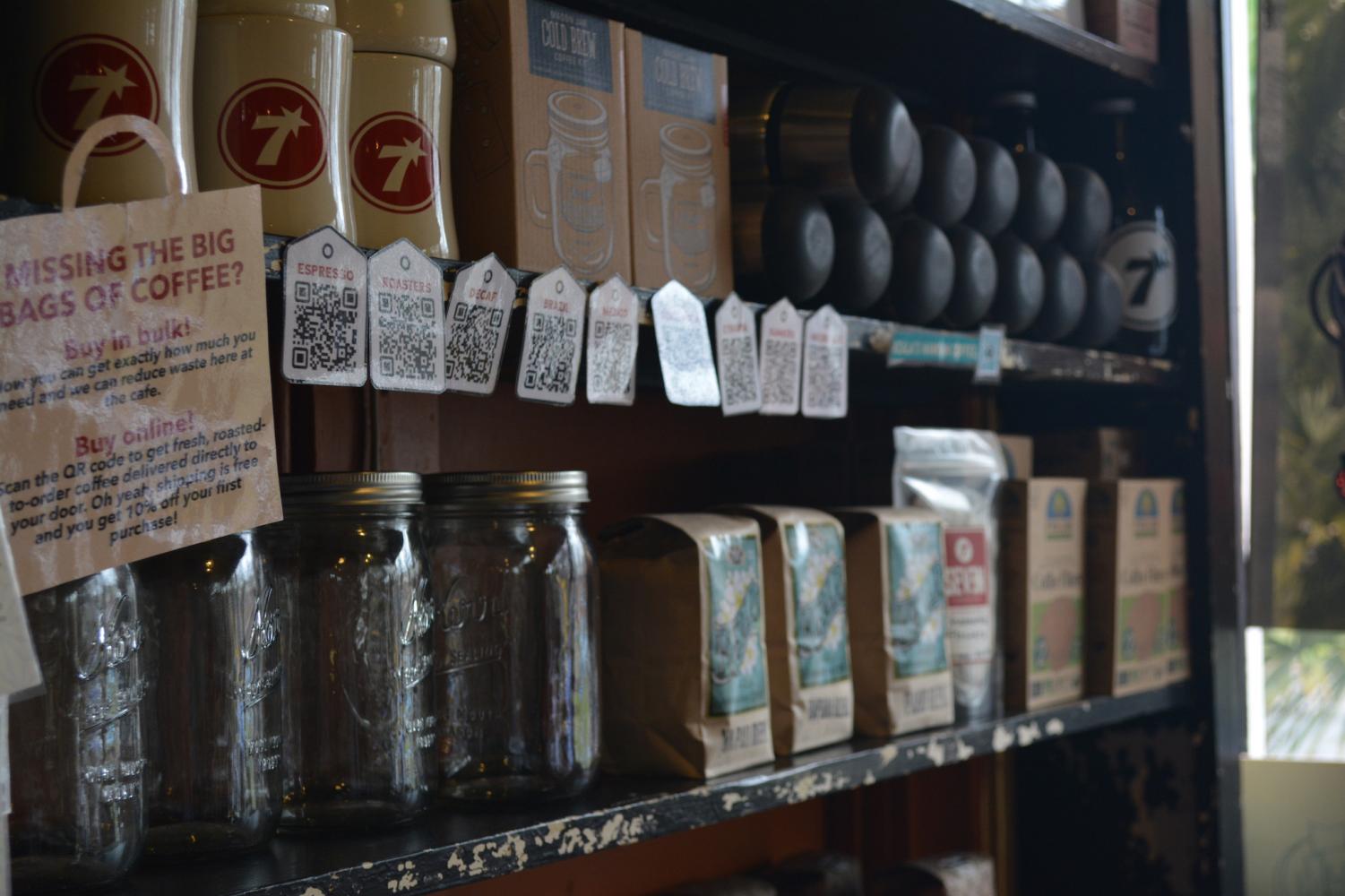
“There’s an extra benefit because, in Seattle, there are places out there where it’s actually less expensive to go to compostable… we have overall saved money by switching to compostable products,” Thompson said.
This move to compostable material simplified the waste-sorting process for consumers as all the containers they ate out of could go into the same compost bin. Huskey created specific signage with images of actual products that consumers would throw away, to prompt where they should go. The sizes of the holes of the compost, recycling and garbage were changed, with compost being the largest slot and garbage the smallest.
“We almost have no work to do as far as sorting the trash from the customer bins now, and we’ve had a lot of really positive feedback from our customers about how much easier it is to go over there and get rid of whatever they need to get rid of,” Thompson said.
Heather Matinde, a homeschooling mom and a previous small business owner, has been coming to Seven Cafe and Market for the past year and a half and spoke on how Seven’s transition to zero waste has affected her experience with the cafe.
“Everything that I’m going to get here is compostable. I have food allergies, so a lot of times the products available to me are only in single-use packages and that limits some of my choices for myself on how much waste I create,” Matinde said. “It makes me even more dedicated to this particular coffee shop.”
Living zero waste is something that Seattle University can look forward to. On April 22, the 50th anniversary of Earth Day, Seattle U will have an all-day zero waste day.
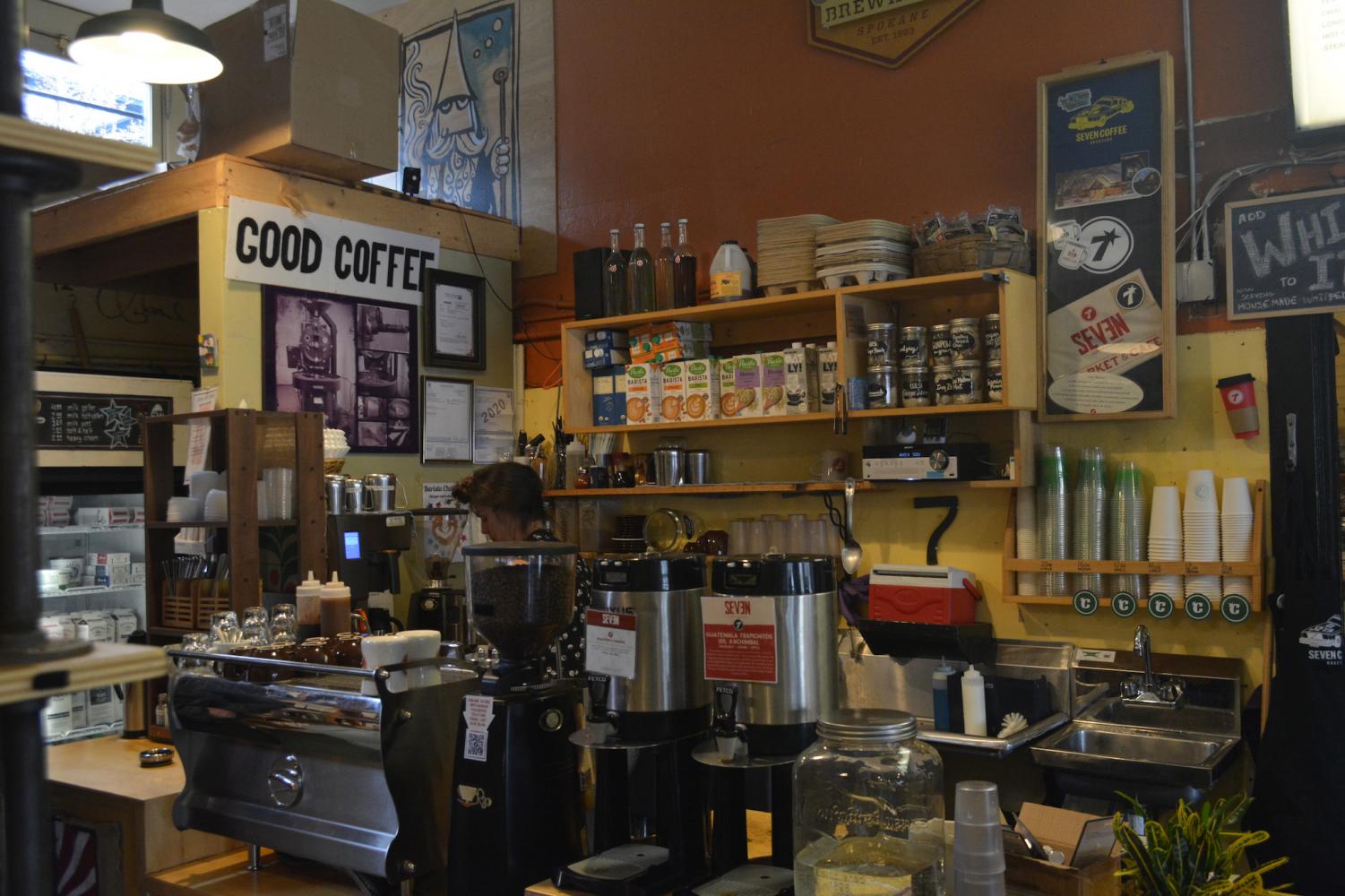
Yolanda Cierters is the sustainability manager of the Center for Environmental Justice Sustainability (CEJS). As the sustainability manager, Cierters reports on and improves the university’s sustainability efforts and works to increase Seattle U’s sustainability within other departments.
“After [zero waste day], what did we learn from that day? Was there a lot of contamination at the end? Was it difficult? Are we ready for zero waste? We are not—and where should we improve our efforts?—as we are hoping to make this our goal in 2025,” Cierters said.
The CEJS is looking forward to Earth Day as an experiment to see if Seattle U is ready to go zero waste and what areas they need to improve upon. Currently, 50% of the waste found in trash cans on campus is compostable and 13% is recyclable. Seattle U’s waste diversion from July 2018 to July 2019 was 67.7%, and their goal is to be at 90% waste diversion by 2025.
Businesses like Seven Market and Cafe, taking a step towards zero waste, benefit everyone, while setting a successful example for establishments hoping to take the necessary steps to become zero waste.






